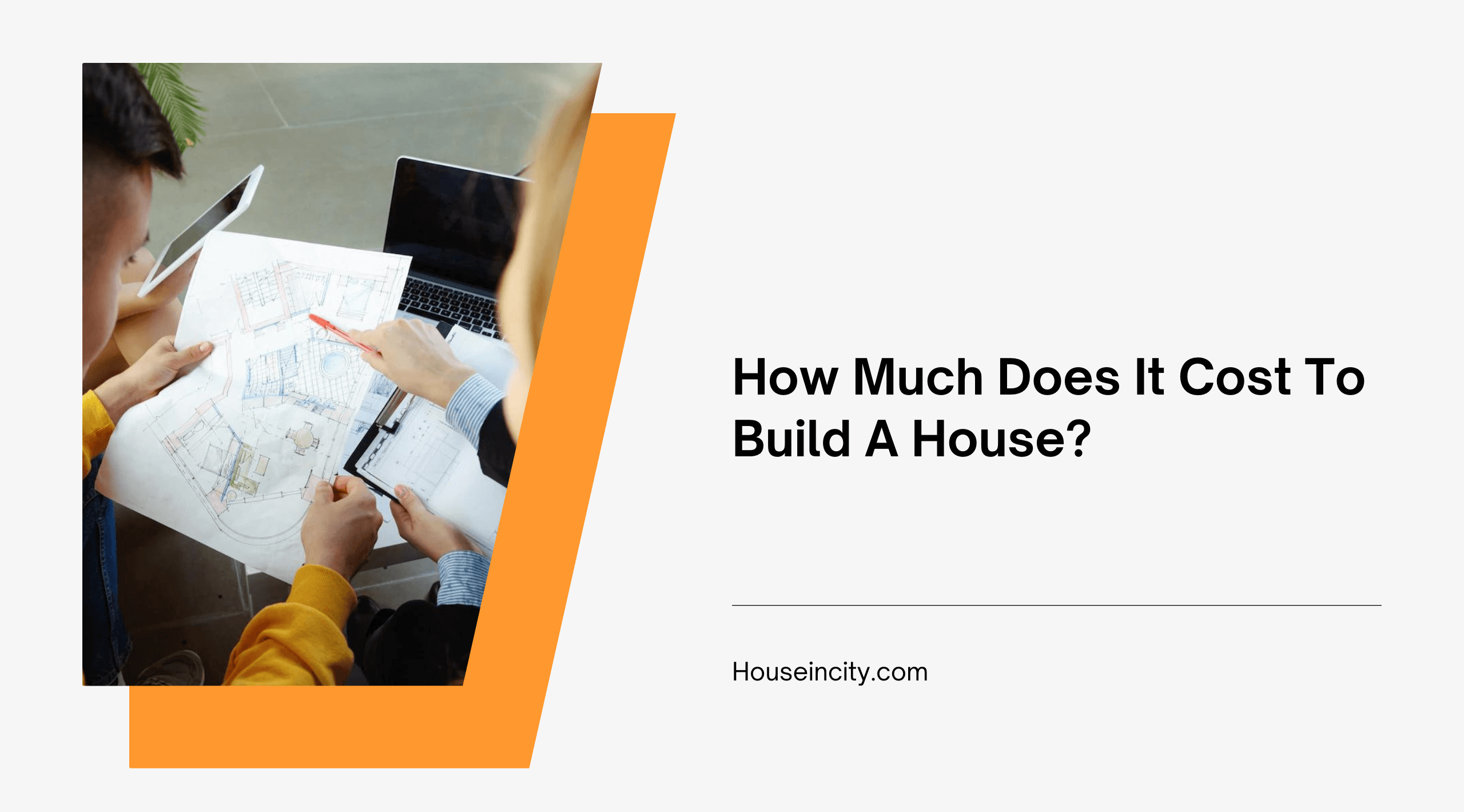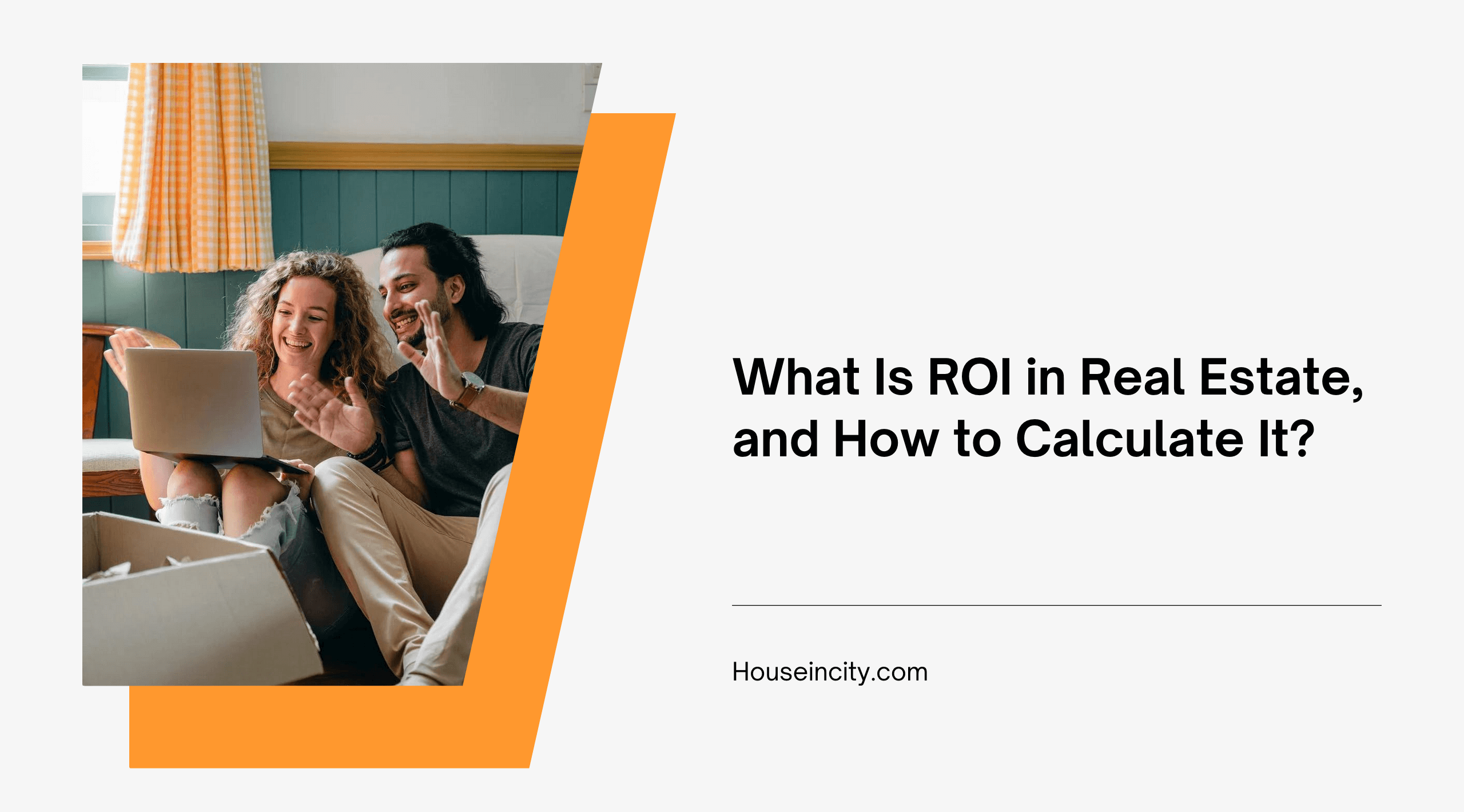Reverse mortgages are becoming an increasingly popular option for seniors who are looking to access the equity in their homes. A reverse mortgage allows you to borrow against the value of your home without having to sell it or take on a new mortgage.
In this article, we will explain reverse mortgage and discuss everything you need to know about them, including how they work and their benefits. We will also answer some common questions about reverse mortgages, so you can decide if this is the right option for you!
What is a Reverse Mortgage?
A reverse mortgage is a type of loan that allows you to borrow against the value of your home. With a reverse mortgage, you can access the equity in your home without having to make monthly mortgage payments.
Types of Reverse Mortgages
There are two types of reverse mortgages: home equity conversion mortgages (HECMs) and proprietary reverse mortgages. HECMs are insured by the Federal Housing Administration (FHA), while proprietary reverse mortgages are not.
HECMs are the most common type of reverse mortgage, and they have certain advantages over proprietary loans. First, HECMs have lower interest rates than proprietary loans. Second, HECMs are available to more people, as they have less stringent eligibility requirements.
Proprietary reverse mortgages may be a good option for people who do not qualify for a HECM, or who want to borrow more money than is available through a HECM.
How Does a Reverse Mortgage Work?
A reverse mortgage works by using the equity in your home as collateral for a loan. The loan is typically disbursed as a lump sum, line of credit, or monthly payments. You will not have to make any monthly payments on the loan until you die, sell your home, or move out of your home.
What Are the Benefits of a Reverse Mortgage?
There are several benefits of a reverse mortgage, including:
- You can access the equity in your home without having to sell it
- You can use the loan proceeds for any purpose you choose, including home improvements, medical expenses, or living expenses
- You will not have to make any monthly mortgage payments on the loan until you die, sell your home, or move out of your home
What Are the Disadvantages of a Reverse Mortgage?
There are some disadvantages of a reverse mortgage to consider, including:
- The interest on the loan may accrue over time, which can increase the amount you owe
- If you die or move out of your home before the loan is repaid, your heirs may have to sell the house to repay the loan
- You may be restricted on how much you can borrow against your home equity
Who Is Eligible for a Reverse Mortgage?
To be eligible for a reverse mortgage, you must:
- Be at least 62 years old
- Own your home outright, or have a low mortgage balance that you can pay off with the loan proceeds
- Live in your home as your primary residence
How Do I Apply for a Reverse Mortgage?
If you think a reverse mortgage is right for you, the first step is to contact a loan officer and get pre-qualified. You will need to provide information about your financial situation and home equity. Once pre-qualified, you will need to complete a loan application and submit it to the lender for approval.
If you are looking for an alternative way to access the equity in your home, a reverse mortgage may be the best solution for you. As indicated above, this type of loan can offer several benefits, but it also has its downsides, so it’s important to understand how they work before applying.
Common Questions About Reverse Mortgages
Q: Can I be forced to sell my home if I take out a reverse mortgage?
A: No, you will not be forced to sell your home if you take out a reverse mortgage. You can stay in your home as long as you like, and you will not have to make any monthly mortgage payments.
Q: What happens if I die or move out of my home before repaying the loan?
A: If you die or move out of your home before the loan is repaid, your heirs will be responsible for repaying the loan. The home may need to be sold to repay the loan.
Q: How much can I borrow with a reverse mortgage?
A: The amount you can borrow with a reverse mortgage depends on your age, the value of your home, and the interest rate. Contact a loan officer for more information.
Now that you know everything there is to know about reverse mortgages, it’s time to decide if one is right for you.



